21 Simple Ways to Avoid Colds and the Flu This Winter
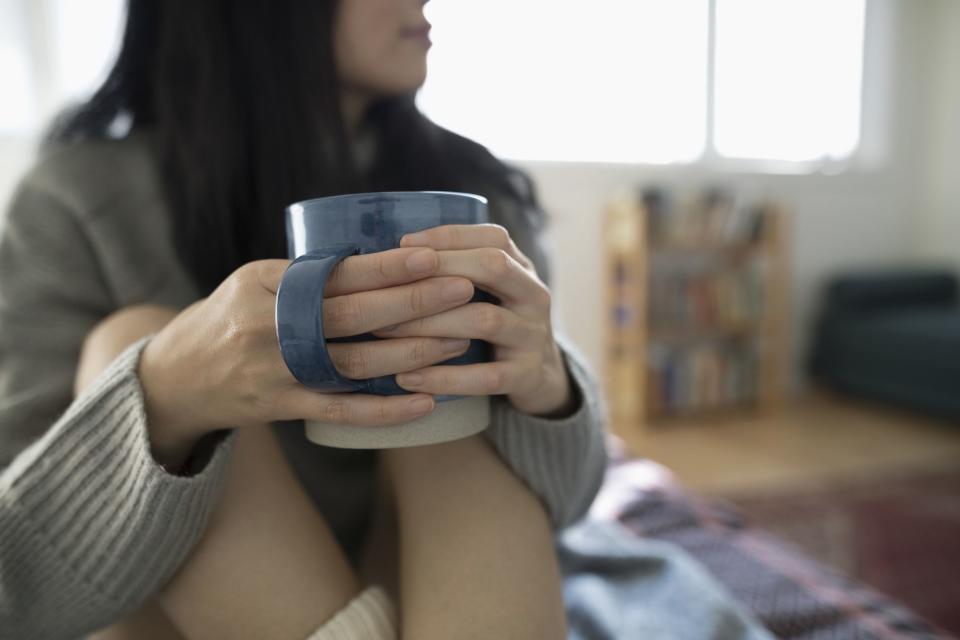


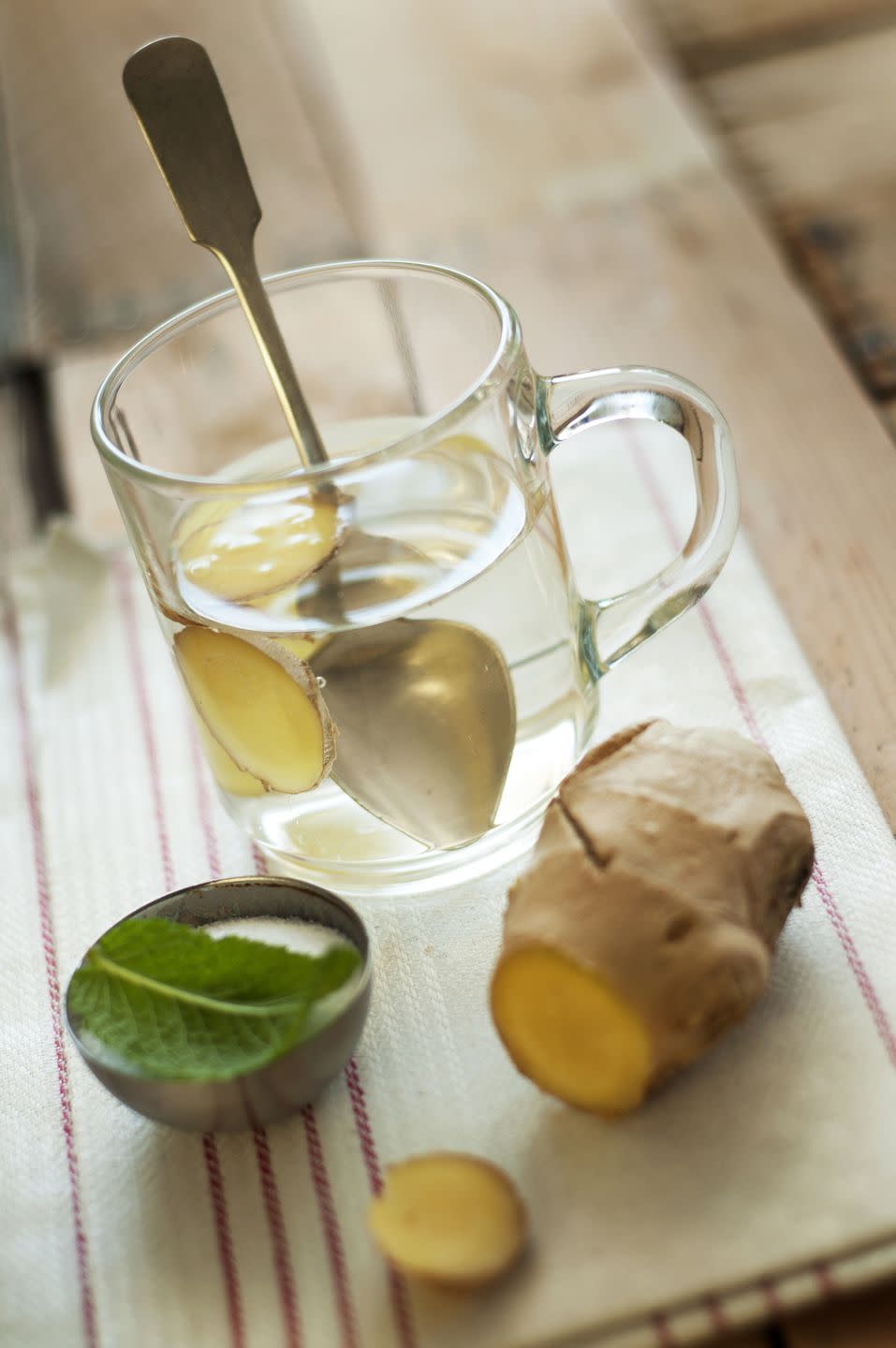



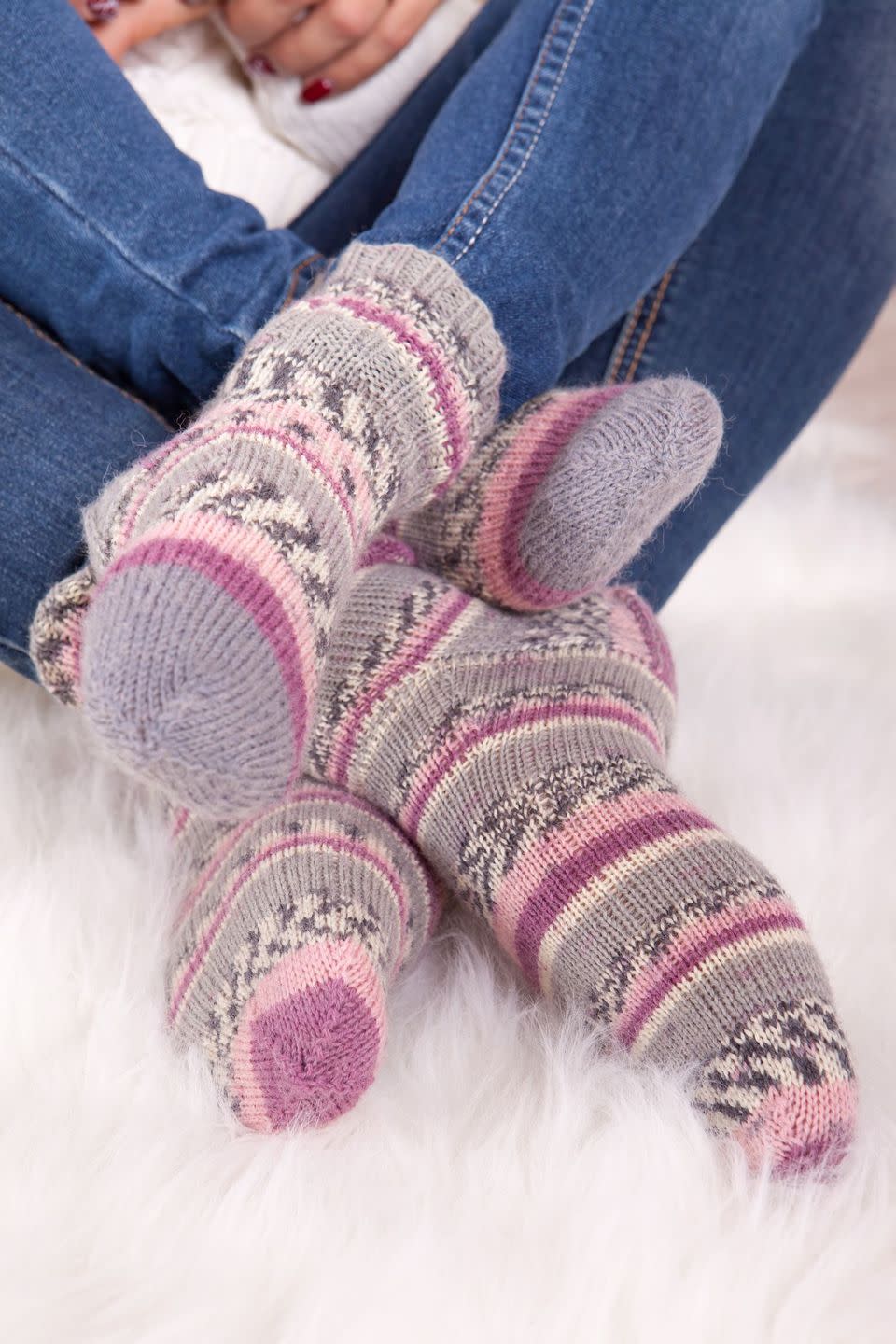
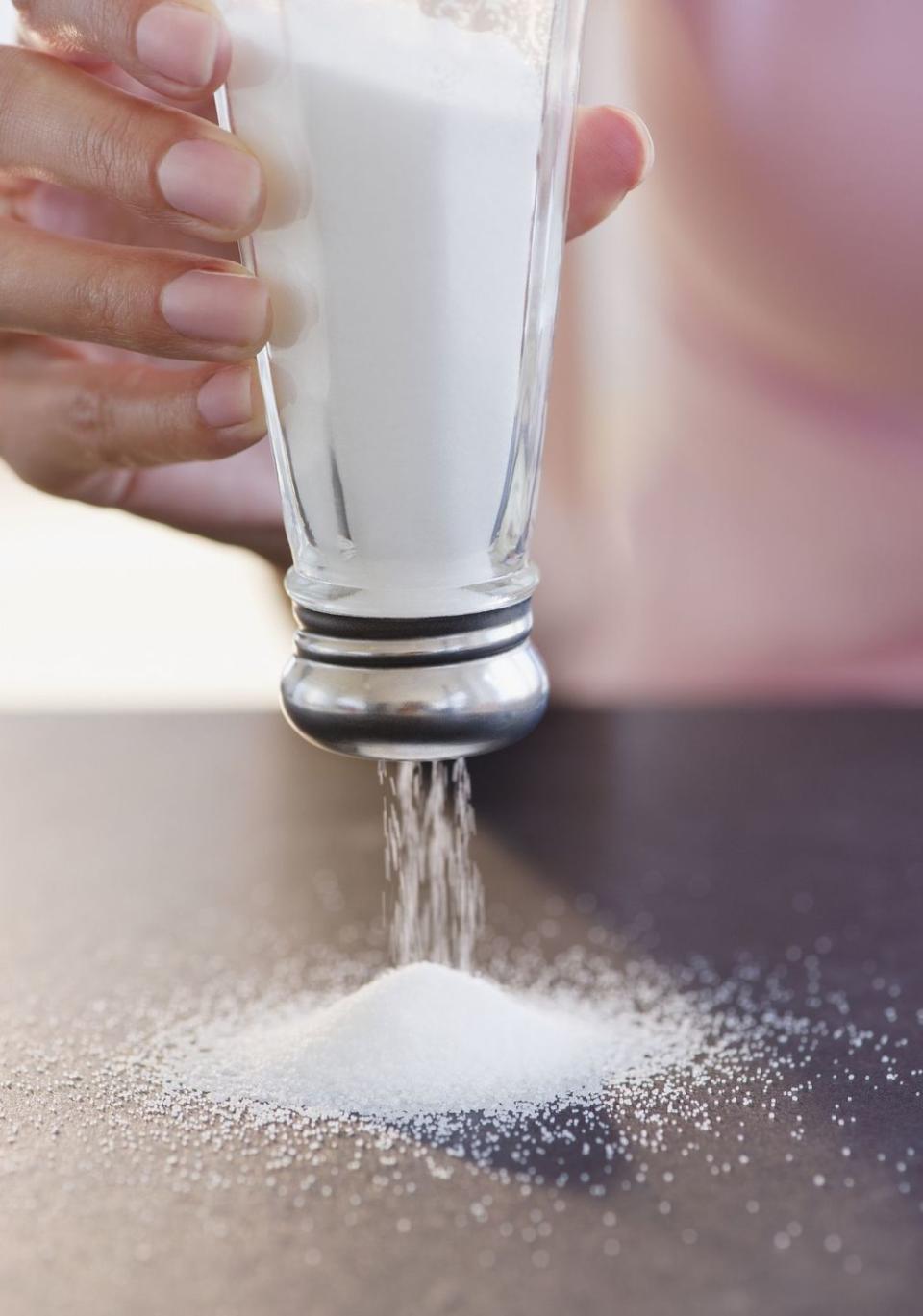











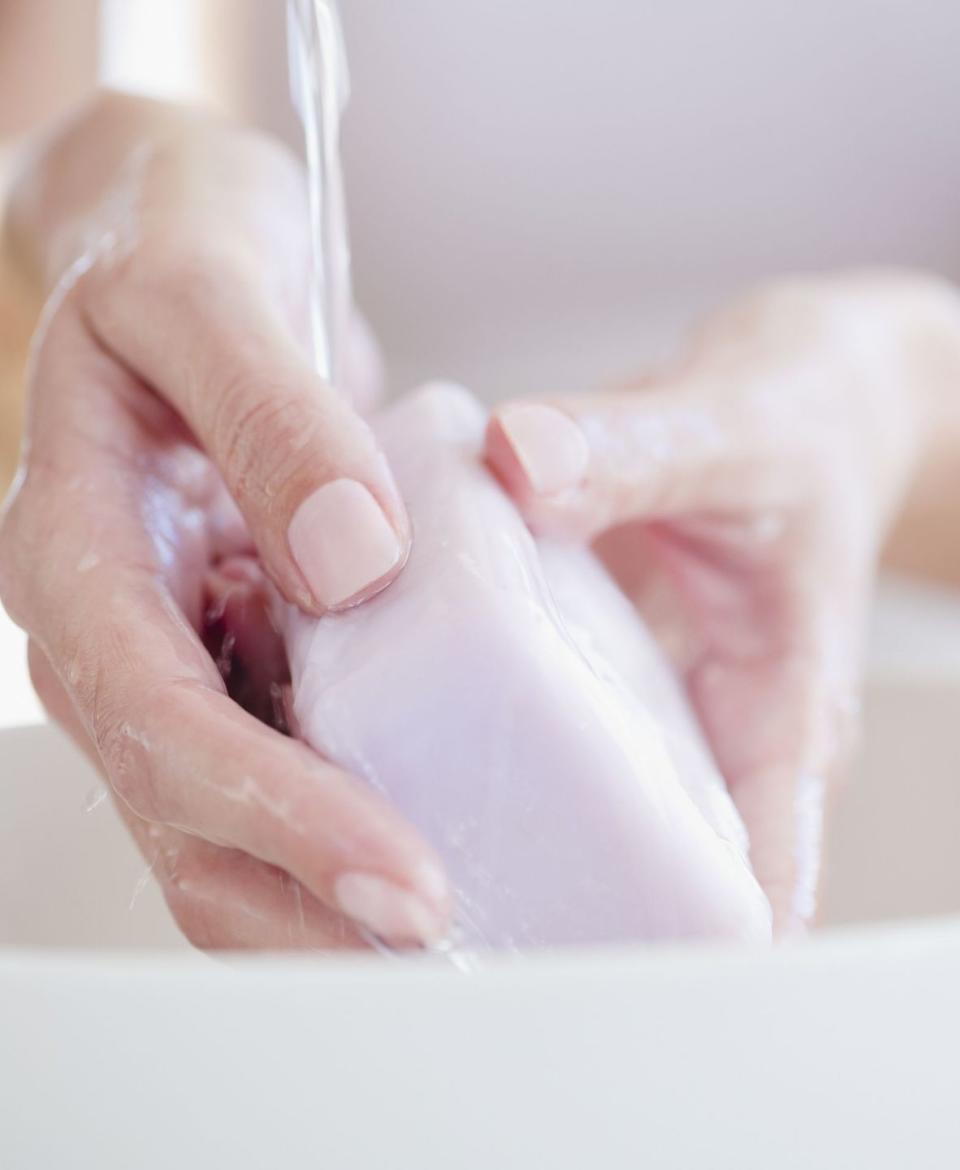

21 Simple Ways to Avoid Colds and the Flu This Winter
The arrival of winter doesn't mean you're guaranteed to get sick, but it does seem that, during the colder months, you’re constantly barraged by coughing and sneezing from those around you. A nasty cold or the flu is a terrible way to spend the weekend, especially when there are so many fun winter activities to check off the list. Luckily, there are plenty of easy things you can do to ward off germs and viruses this season, and lots of them don’t involve doling out all of your hard-earned dollars at the drugstore. "The newest research reveals certain lifestyle tweaks can boost your body's natural defenses to help you fend off colds and the flu," says Dr. Jacob Teitelbaum, author of Real Cause, Real Cure. These smart strategies are easy to implement in your life, and they can help keep your immune system in fighting form. Here are some doctor-approved methods to stay healthy this season.
These easy, genius tricks actually work.

